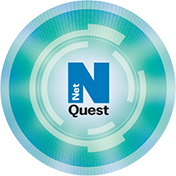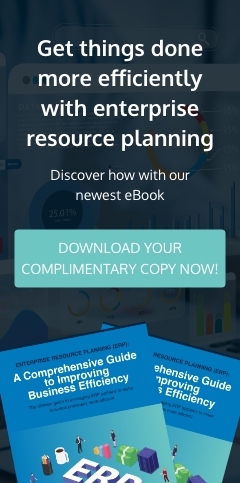The cloud has become the backbone of modern business operations, from communication to finance. Its exponential growth has paved the way for countless innovations and its widespread adoption.
A year after: What to expect from remote work and technology
The benefits of cloud computing for remote work
What are the benefits of cloud accounting for your business?

Many accounting and auditing firms are utilizing cloud computing to improve business efficiency and productivity. And through cloud-based accounting solutions, they are finding it easier to prepare and examine financial records.
While they are similar to traditional desktop accounting software, cloud-based tools are packed with these benefits:
#1. Flexibility
With desktop-based accounting programs, your software, data, and accounts are saved to a local drive, which means you can access these only on a particular computer.
The benefits of cloud-based business continuity

Cloud computing is transforming the way companies store and access business-critical applications and data. Syncsort’s 2018 report showed that IT professionals consider business continuity to be the topmost benefit of the cloud. This is no surprise. With the cloud, applications and data are typically stored and accessed securely from a central, off-site location so that business can continue as usual despite unplanned interruptions or incidents.
5 reasons SMBs are riding the cloud
5 Ways The Cloud improves small- and medium-sized businesses

The cloud is the best thing that ever happened to small- and medium-sized businesses (SMBs). That’s because technologies that were previously available only to large enterprises are now within their reach.
However, not all SMBs are willing to make the transition to the cloud, either because they think it’s expensive or less safe than on-premises systems.






